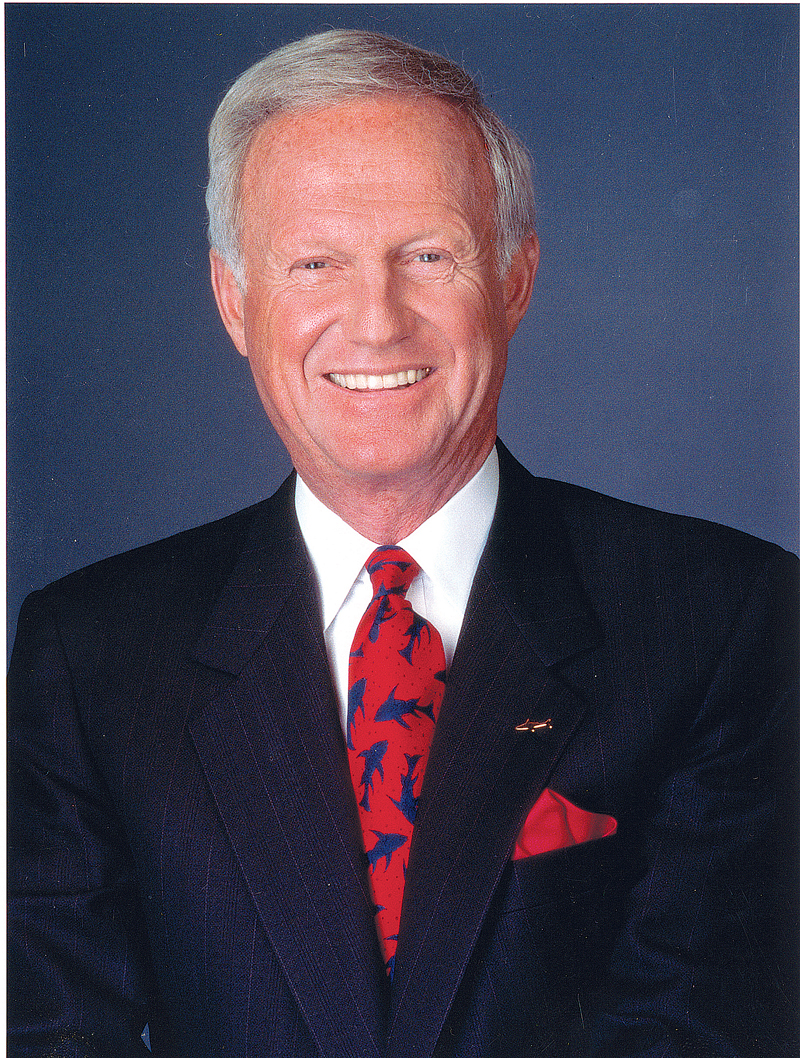There’s an old story about a kid shooting arrows into his backyard fence. After shooting an arrow, he would run over to the fence and draw a target around it.
Suddenly one of the boy’s friends shows up and says: “That’s no way to have target practice! You are supposed to draw the target and then shoot at it.”
The boy responds, “I know that, but if you do it my way, you never miss!”
Sadly, many people approach life like this fanciful archer. They cheat or are afraid to set goals for fear of failure.
Goals give us a sense of purpose and help identify what we want.
“People with goals succeed because they know where they’re going,” said Earl Nightingale, one of the motivational authors and radio personalities I followed when starting my business career.
Setting goals is an important prerequisite for success. But the way you set your goals and pursue them can be determined by many factors. One of them, according to a study by Leadership IQ, may be your gender.
The survey, in which 2,506 women and 2,184 men participated, showed that women are more emotionally connected to their goals than men. That makes them more likely to hang on when the going gets tough.
The study also found that men visualize their goals better than women. This gives them greater direction and focus.
Women are more likely to procrastinate, the study found. They tend to feel less urgency about accomplishing their goals, which can undermine their efforts.
Women tend to set more-difficult goals. Men are less likely to challenge themselves and step out of their comfort zones, all according to the study.
Each individual is unique when it comes to setting and achieving goals, but we can all stand to check our blind spots from time to time.
Bottom line: It’s difficult to advance in your career unless you’re working toward goals. Setting goals that will inspire and motivate you is crucial. Aim for goals that are:
• Quantifiable – You should be able to measure success in objective terms so everyone can see the value of your efforts.
•
Challenging – If goals are too easy, chances are your objective won’t have significant impact on your organization.
• Realistic – Although challenge is important, pursuing an impossible dream will result only in a morale-crushing letdown.
•
Flexible – Don’t back yourself into a corner. Although you don’t want to adjust your goals to suit your results, be willing to modify your ambitions if circumstances propel your original objective out of reach.
In his book “The Spirit of St. Louis,” the famed aviation pioneer Charles Lindbergh recalled addressing a group of naval officers on the subject of long-distance aerial navigation. This was only a few weeks prior to him being the first person to fly solo over the Atlantic Ocean to Paris from New York.
“What kind of charts do you intend to use?” one officer asked him.
“The same as you carry on ships at sea,” Lindbergh answered.
“Suppose you strike a wind change in the night, and it drifts you far off course,” said a second skeptic.
“A navigating error wouldn’t be too serious,” Lindbergh said. “This flight is not like shooting for an island. I can’t very well miss the entire European continent.”
Lindbergh got a good laugh at that line. But there is a moral here for anyone preparing for a difficult and risky assignment. You don’t want to aim for too small a target. That is because sudden market or technological change can happen at any time, and you must be prepared for it. But most of all, it is vitally important to have a carefully prepared and flexible flight plan to guide you as you begin.
Mackay’s Moral: Winners make goals; losers make excuses!
Harvey Mackay is the author of the New York Times bestseller “Swim With the Sharks Without Being Eaten Alive.” He can be reached through his website, www.harveymackay.com. 












